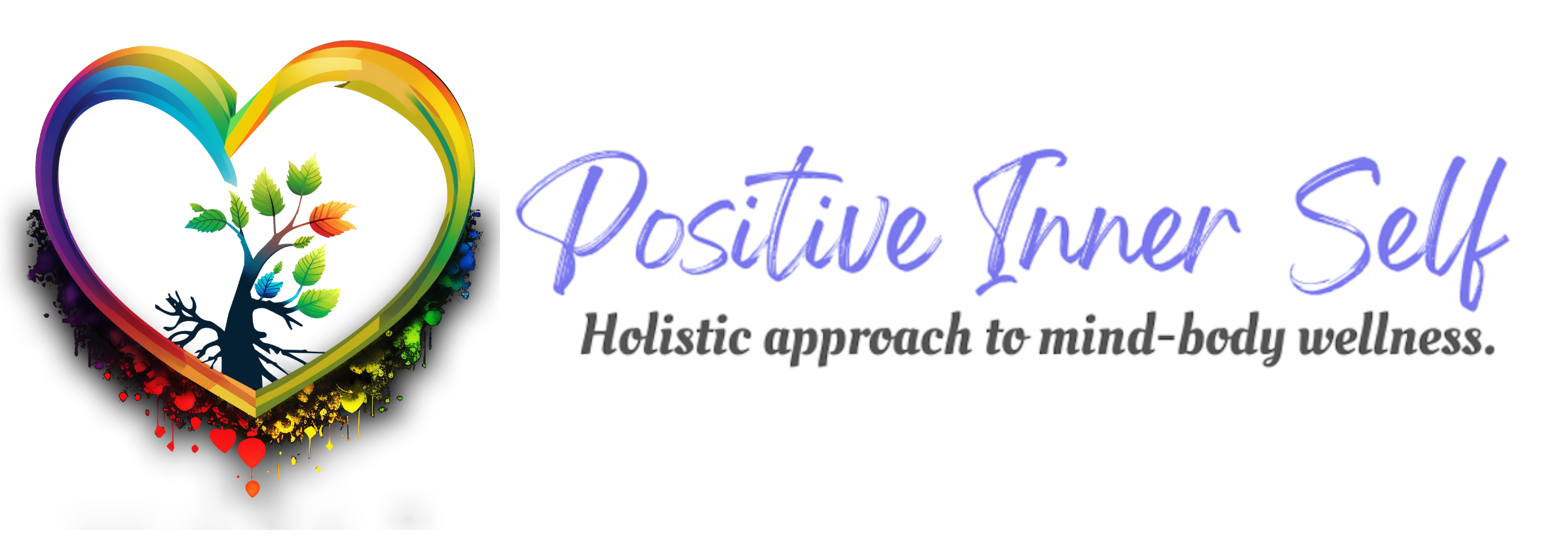Coaching
Coaching differs from counseling as it focuses on the present and future. We aim to empower clients to identify and achieve their desired outcomes. Coaching is applied to in various contexts, including personal development, leadership development, business, education, and health. Individuals seek coaching for reasons such as career transitions, improving relationships, enhancing leadership skills, and navigating life changes. See below for the key aspects of coaching.

Parenting Coaching
Parenting coaching is a specialized form of coaching that focuses on providing support, guidance, and strategies to parents in navigating the challenges and responsibilities of raising children. Parenting coaches work with individuals or couples to enhance their parenting skills, strengthen parent-child relationships, and address specific parenting concerns.
Parenting coaching can be beneficial for parents at various stages of their children’s development. It offers a proactive and supportive approach to parenting, helping individuals or couples navigate the complexities of raising children and fostering a positive family environment.


Life Coaching
Life coaching is a form of professional support aimed at helping individuals identify and achieve personal and/or professional goals. Life coaches work with clients to assess their current situations, clarify their values and aspirations, and develop strategies to make positive changes in their lives. Life coaching is future-oriented and emphasizes personal growth, goal achievement, and building a fulfilling life. The coaching relationship is built on trust, collaboration, and the belief that clients have the capacity to create positive changes in their lives.
We used evidenced-based practices that have been proven to reduce symptoms related to the following mental health challenges:
- Anxiety
- Depression
- ADHD
- PTSD
- Body Dysmorphia/Insecurities
- Poor Relationship with Food or Exercise
- Low Self Esteem/Low Self Worth
- Relationship Concerns
- Grief/Loss
- Transitions
- Gender Dysphoria
- Gender Identity Exploration
- Sexual Identity Exploration
- Identifying Belief Systems and Values
- Anger/Stress Management
- Job Dissatisfaction
- Parenting Concerns
- Dissociation/Derealization
- Terminal Illness
- Chronic Illness

Key Aspects
Goal-Oriented:
Coaching is goal-oriented, with an emphasis on helping clients define and work toward specific objectives. These goals can relate to various areas, including career, personal development, relationships, or specific skills.
Client-Centered:
The coaching process is client-centered, meaning the client’s needs, values, and aspirations guide the coaching agenda. Coaches work collaboratively with clients to explore their strengths, values, and challenges.
Positive and Strengths-Based:
Coaching often adopts a positive and strengths-based approach. Coaches focus on identifying and leveraging the client’s strengths, resources, and capabilities to overcome challenges and achieve success.
Action-Oriented:
Coaches help clients take concrete and actionable steps toward their goals. The emphasis is on creating forward momentum, building skills, and implementing strategies for success.
Facilitative and Empowering:
Coaches act as facilitators, asking powerful questions, providing feedback, and offering support to help clients gain clarity and insight. The goal is to empower clients to make decisions, take ownership of their actions, and create positive change.
Accountability:
Coaches often play a role in holding clients accountable for their commitments and actions. This accountability helps clients stay on track and make progress toward their goals.
Structured Process:
While coaching is flexible and tailored to individual needs, it often follows a structured process. This may involve assessing the current situation, setting specific goals, developing action plans, and regularly reviewing progress.
Variety of Coaching Specialties:
Coaching is not one-size-fits-all, and there are various coaching specialties to address specific areas of life or business. Examples include life coaching, executive coaching, career coaching, health coaching, and relationship coaching.
Confidentiality:
Similar to therapy, coaching sessions are typically confidential. This creates a safe and trusting space for clients to openly discuss their goals, challenges, and aspirations.
Professional Coaching Standards:
Many coaches adhere to professional coaching standards and ethics established by organizations such as the International Coach Federation (ICF). These standards emphasize competence, integrity, and a commitment to the well-being of clients.
Individual and Group Coaching:
Coaching can be conducted on an individual basis or in group settings. Group coaching allows individuals with similar goals or challenges to benefit from shared insights and support.
Gain knowledge and skills while working toward your licensure hours or engage with other professionals for consultation.
"*" indicates required fields



Contact
(503) 461-3910
info@positiveinnerself.com
6700 SW 105th Ave Suite 215, Beaverton, OR 97008
Positive Inner Self
Join Our Newsletter to stay informed on ways to stay mentally healthy.
"*" indicates required fields
